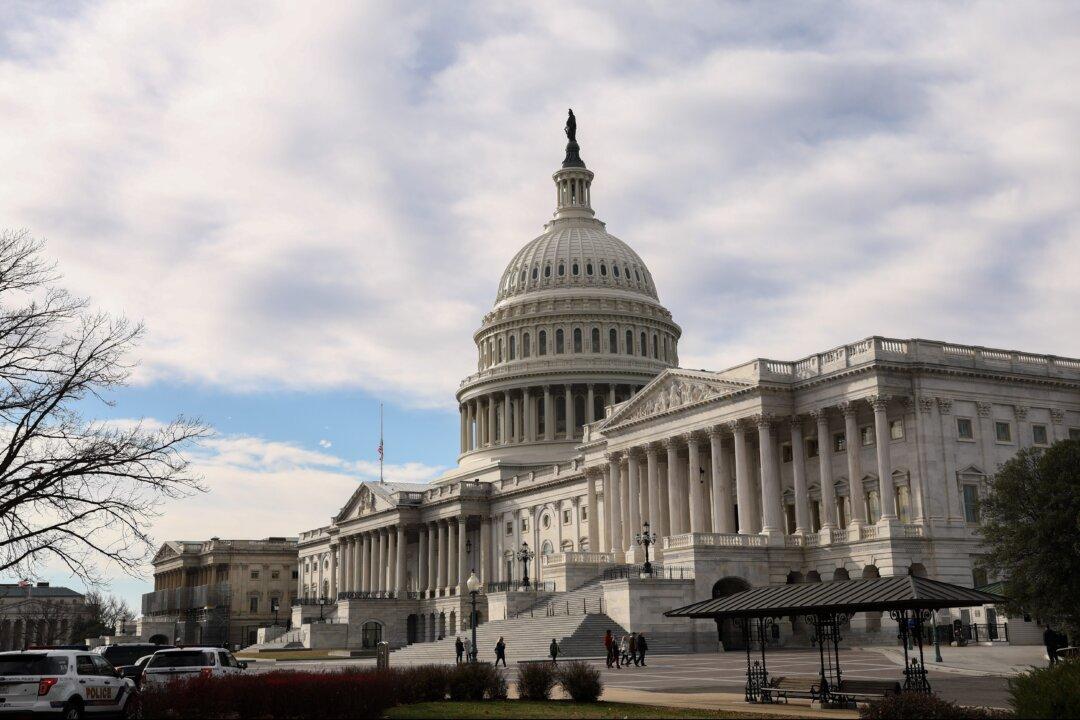A federal appeals court recently delivered a legal victory to House Chaplain Father Patrick Conroy, ruling that he could not be ordered to allow a self-described atheist to offer non-religious prayers to the House of Representatives.
The decision—a unanimous ruling by a three-judge panel on the U.S. Court of Appeals for the District of Columbia—stemmed from a case filed by Daniel Barker, a former minister who argued that the House violated the First Amendment when it rejected his request to give a secular invocation as a “guest chaplain.”





